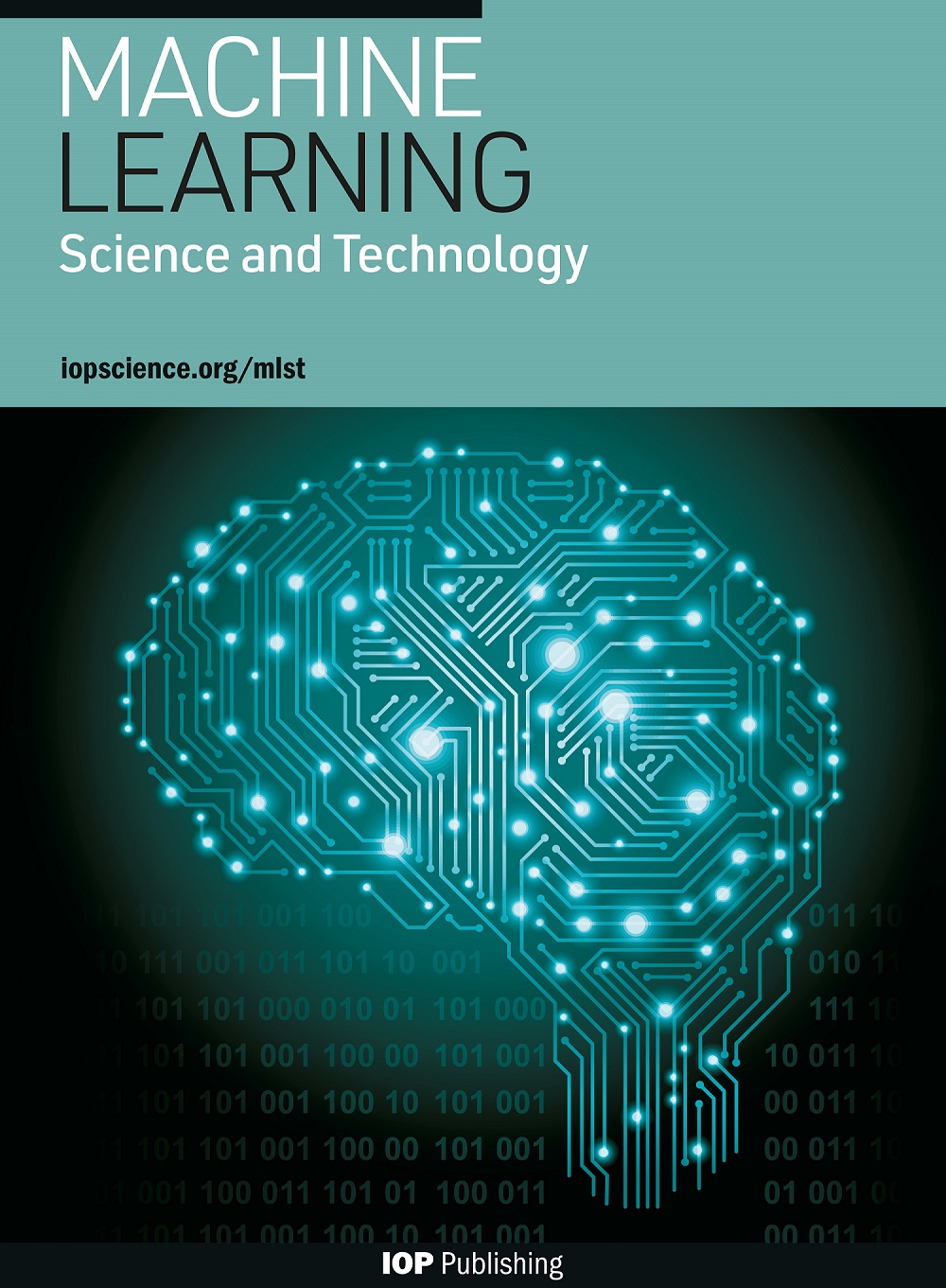Efficient Bayesian inference using physics-informed invertible neural networks for inverse problems
IF 4.6
2区 物理与天体物理
Q1 COMPUTER SCIENCE, ARTIFICIAL INTELLIGENCE
引用次数: 0
Abstract
This paper presents an innovative approach to tackle Bayesian inverse problems using physics-informed invertible neural networks (PI-INN). Serving as a neural operator model, PI-INN employs an invertible neural network (INN) to elucidate the relationship between the parameter field and the solution function in latent variable spaces. Specifically, the INN decomposes the latent variable of the parameter field into two distinct components: the expansion coefficients that represent the solution to the forward problem, and the noise that captures the inherent uncertainty associated with the inverse problem. Through precise estimation of the forward mapping and preservation of statistical independence between expansion coefficients and latent noise, PI-INN offers an accurate and efficient generative model for resolving Bayesian inverse problems, even in the absence of labeled data. For a given solution function, PI-INN can provide tractable and accurate estimates of the posterior distribution of the underlying parameter field. Moreover, capitalizing on the INN’s characteristics, we propose a novel independent loss function to effectively ensure the independence of the INN’s decomposition results. The efficacy and precision of the proposed PI-INN are demonstrated through a series of numerical experiments.利用物理信息可逆神经网络对逆问题进行高效贝叶斯推理
本文提出了一种利用物理信息可逆神经网络(PI-INN)解决贝叶斯逆问题的创新方法。作为一种神经算子模型,PI-INN 利用可逆神经网络(INN)来阐明潜变量空间中参数场与解函数之间的关系。具体来说,INN 将参数场的潜变量分解为两个不同的部分:代表正向问题解决方案的扩展系数,以及捕捉与逆向问题相关的固有不确定性的噪声。通过精确估计前向映射以及保持扩展系数和潜在噪声之间的统计独立性,PI-INN 为解决贝叶斯逆问题提供了一个精确高效的生成模型,即使在没有标记数据的情况下也是如此。对于给定的求解函数,PI-INN 可以对底层参数场的后验分布提供简便而准确的估计。此外,利用 INN 的特点,我们提出了一种新的独立损失函数,以有效确保 INN 分解结果的独立性。我们通过一系列数值实验证明了所提出的 PI-INN 的有效性和精确性。
本文章由计算机程序翻译,如有差异,请以英文原文为准。
求助全文
约1分钟内获得全文
求助全文
来源期刊

Machine Learning Science and Technology
Computer Science-Artificial Intelligence
CiteScore
9.10
自引率
4.40%
发文量
86
审稿时长
5 weeks
期刊介绍:
Machine Learning Science and Technology is a multidisciplinary open access journal that bridges the application of machine learning across the sciences with advances in machine learning methods and theory as motivated by physical insights. Specifically, articles must fall into one of the following categories: advance the state of machine learning-driven applications in the sciences or make conceptual, methodological or theoretical advances in machine learning with applications to, inspiration from, or motivated by scientific problems.
 求助内容:
求助内容: 应助结果提醒方式:
应助结果提醒方式:


